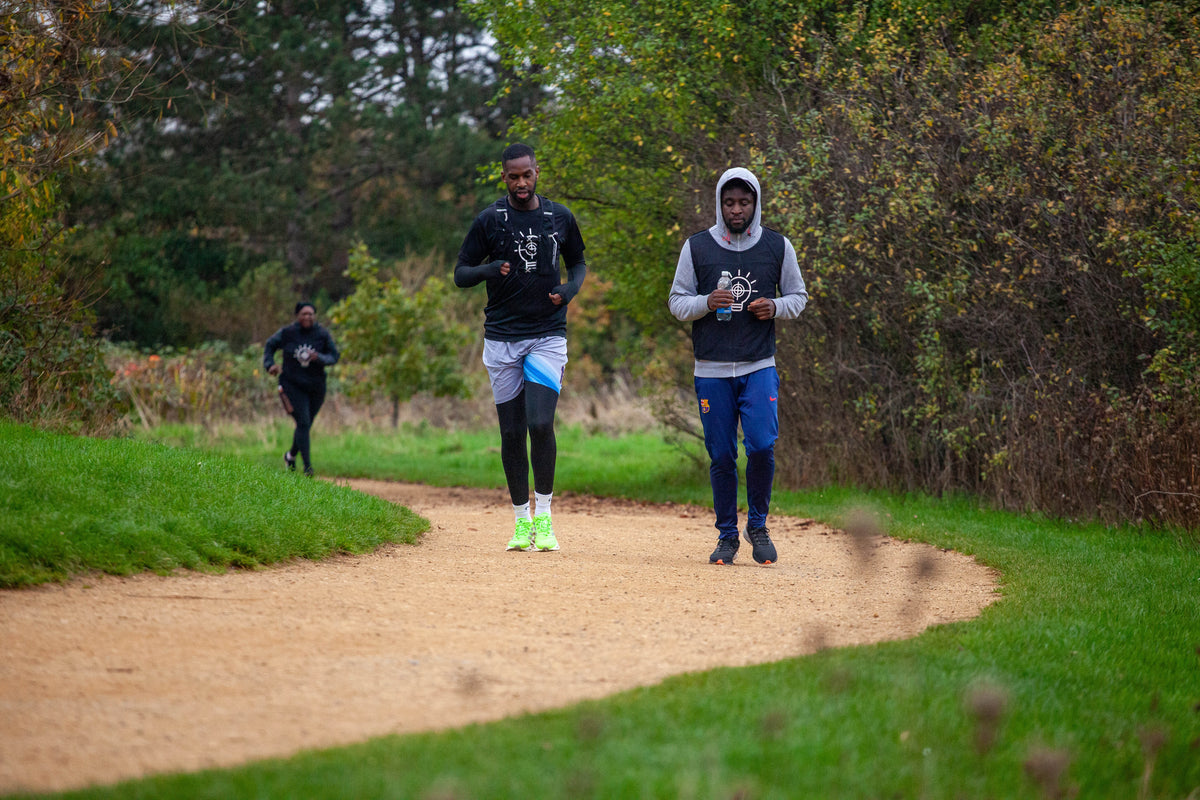
The Best Recovery Methods and Tools to Speed Up Muscle Repair in 2025
|
|
Tempo di lettura 3 min
|
|
Tempo di lettura 3 min
In 2025, optimizing muscle recovery has become a key focus for athletes, fitness enthusiasts, and anyone striving for peak performance. Advancements in technology and science have revolutionized recovery methods, making them more effective and accessible than ever. Whether you’re looking to bounce back from an intense workout or prevent long-term fatigue, here are the top methods and tools to help you speed up muscle repair this year.
Engaging in low-intensity activities, such as walking, swimming, or yoga, promotes blood flow to muscles and helps clear out lactic acid. This gentle movement accelerates the recovery process without causing additional strain on your body.
Muscle repair relies heavily on proper hydration and nutrition. In 2025, personalized hydration systems that monitor your electrolyte levels in real-time have become a staple for serious athletes. Pair this with high-protein meals and anti-inflammatory foods like salmon, spinach, and turmeric to give your muscles the nutrients they need.
As discussed in the importance of sleep, deep sleep is critical for recovery. Modern sleep aids, such as temperature-regulating mattresses and sleep tracking wearables, ensure you get the quality rest necessary for muscle repair.
Dynamic and static stretching, combined with mobility exercises, keeps your muscles supple and prevents stiffness. In 2025, AI-driven apps offer real-time feedback on your stretching technique to maximize benefits.
Cold exposure, such as ice baths or cryotherapy, reduces inflammation and speeds up recovery. Conversely, heat therapy enhances circulation and eases muscle stiffness. Many athletes now use hybrid devices that alternate between hot and cold therapy for a tailored recovery experience.
Manual and automated massage tools help break down muscle knots and improve blood flow. Foam rollers, massage guns, and advanced AI-powered robotic massagers are among the most effective tools in 2025.
Compression garments and pneumatic devices improve circulation and reduce muscle soreness. Advanced systems now include adjustable pressure settings and real-time monitoring to ensure optimal recovery.
Chronic stress hinders recovery by increasing cortisol levels. Practices like meditation, breathwork, and mindfulness apps can lower stress and create a more recovery-friendly environment for your body.
Devices like advanced fitness trackers now monitor your heart rate variability (HRV), sleep quality, and muscle activity. They provide personalized recommendations for when and how to rest.
Modern pneumatic compression devices, such as NormaTec 4.0, use AI to target specific muscle groups and deliver precise pressure to improve blood flow and reduce soreness.
Infrared light therapy penetrates deep into muscles, promoting cellular repair and reducing inflammation. Portable infrared therapy mats and wearable wraps make this technology accessible anywhere.
Electrical muscle stimulation (EMS) devices like PowerDot and Compex are widely used in 2025 to enhance muscle recovery. These devices stimulate muscle contractions, improving blood flow and reducing soreness.
While cryotherapy has been around for years, newer chambers now integrate biometric sensors to tailor sessions to your body’s needs, ensuring maximum recovery benefits.
AI-driven apps and platforms use your fitness data to create personalized recovery plans, incorporating nutrition, sleep, and activity recommendations tailored to your unique physiology.
Innovative hydrotherapy systems offer customizable jets, temperature settings, and even mineral-infused water to accelerate muscle repair and relaxation.
To get the most out of these methods and tools, consistency is key. Incorporate recovery practices into your daily routine, and listen to your body. Over time, you’ll notice reduced soreness, improved performance, and quicker bounce-back from intense workouts.
Looking ahead, recovery technology will continue to evolve, blending AI, biotechnology, and wearables to provide even more personalized solutions. From self-adjusting recovery tools to breakthroughs in cellular repair, the future holds endless possibilities for faster, more efficient muscle recovery.
Recovery is no longer just an afterthought; it’s a fundamental part of any fitness journey. By leveraging the best methods and tools available in 2025, you can enhance your performance, prevent injuries, and achieve your goals faster. Take the time to invest in your recovery—your body will thank you.